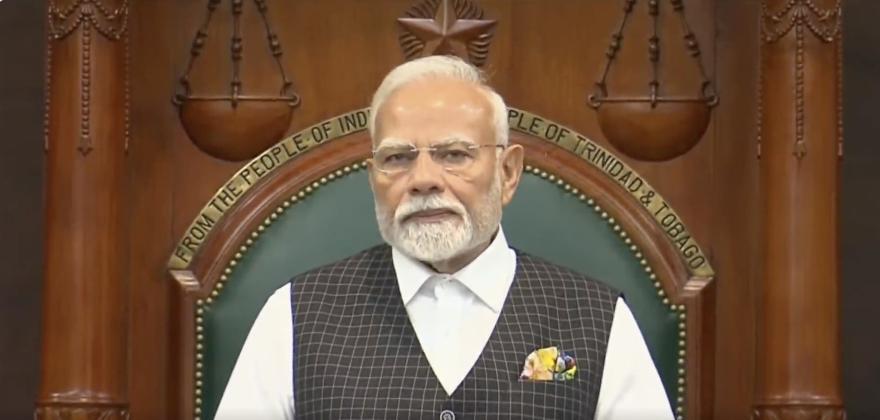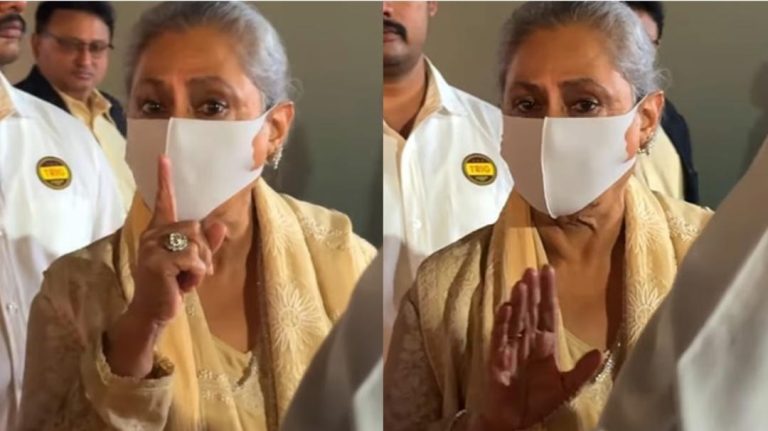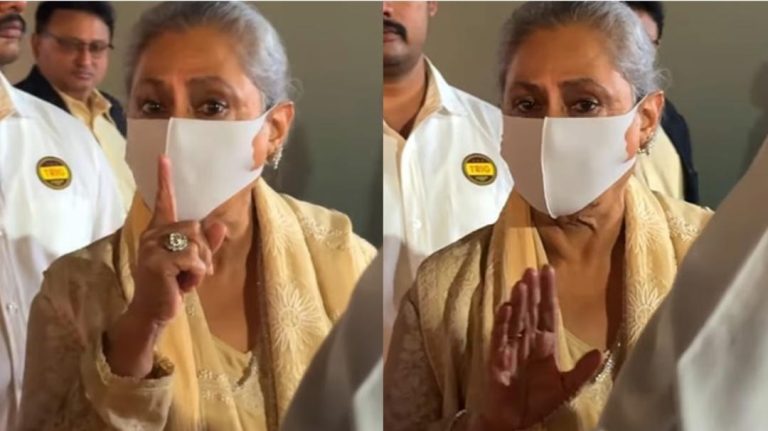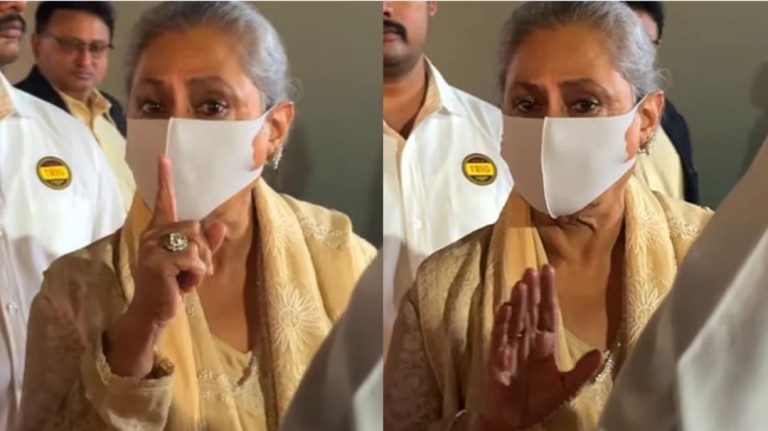
Glad to see so many women MPs: PM in Trinidad & Tobago parliament
Prime Minister Narendra Modi’s recent address to the joint assembly of Trinidad and Tobago’s parliament marked a significant moment in the history of the Caribbean nation. The Indian leader’s words of appreciation for the numerous women members of the parliament resonated deeply with the audience, highlighting the importance of women’s participation in politics and governance.
“I’m delighted to see so many women members in this house,” PM Modi said, beaming with pride. “Respect for women is deeply rooted in Indian culture. We are strengthening our women to build our modern India.” His statement was met with applause and cheers from the audience, demonstrating the shared values and aspirations between India and Trinidad and Tobago.
The presence of numerous women MPs in the Trinidad and Tobago parliament is a testament to the country’s commitment to gender equality and representation. In a world where women still face significant barriers to entry and advancement in politics, Trinidad and Tobago is taking a bold step towards creating a more inclusive and representative democracy.
PM Modi’s comments were not just a passing acknowledgement of the women MPs’ presence; they were a deliberate attempt to emphasize the importance of women’s empowerment and participation in governance. In India, too, women have been playing a crucial role in shaping the country’s future, and PM Modi’s administration has taken several initiatives to promote women’s empowerment and participation in politics.
From the Nalanda University in Bihar to the Indian Institute of Technology in Delhi, women have been making significant contributions to various domains, from education and research to technology and entrepreneurship. In fact, according to a report by the World Economic Forum, India has been consistently improving its gender gap index, with women now holding over 30% of leadership positions in the country.
PM Modi’s emphasis on strengthening women to build modern India is not just a rhetorical flourish; it is a reflection of his administration’s commitment to promoting women’s empowerment and participation in politics. The government has launched several initiatives aimed at encouraging women to take up leadership roles, from the Beti Bachao, Beti Padhao (Save the Girl Child, Educate the Girl Child) campaign to the Beti ko Nidhi (Girl’s Fund) scheme, which provides financial assistance to women entrepreneurs.
Trinidad and Tobago, too, has been making significant progress in promoting women’s empowerment and participation in politics. The country has a long history of women’s activism, dating back to the early 20th century when women like Una Marson and Elara St. Bernard fought for women’s suffrage. Today, women like Kamla Persad-Bissessar and Portia Simpson Miller have broken barriers to become heads of government, demonstrating the country’s commitment to gender equality and representation.
The presence of women MPs in Trinidad and Tobago’s parliament is not just a reflection of the country’s progress in promoting women’s empowerment; it is also a testament to the power of women’s activism and advocacy. Women like Christine Kangaloo, who has been a strong advocate for women’s rights and participation in politics, have played a crucial role in shaping the country’s political landscape.
In conclusion, PM Modi’s comments in the Trinidad and Tobago parliament are a welcome recognition of the importance of women’s participation in politics and governance. The presence of numerous women MPs in the parliament is a testament to the country’s commitment to gender equality and representation, and it is a reflection of the power of women’s activism and advocacy. As India and Trinidad and Tobago continue to work together to build a more inclusive and representative democracy, the role of women will be crucial in shaping the future of both countries.






